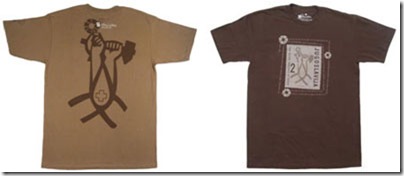The Yugoslav Wars were a series of violent conflicts in the territory of the former Socialist Federal Republic of Yugoslavia (SFRY) that took place between 1991 and 2001. They comprised two sets of successive wars affecting all of the six former Yugoslav republics. These wars were characterized by bitter ethnic conflicts rooted in various underlying political, economic and cultural problems, as well as long-standing ethnic and religious tensions. The civil wars ended with much of the former Yugoslavia reduced to poverty, massive economic disruption and persistent instability across the territories where the worst fighting occurred. The wars were the bloodiest conflicts on European soil since the end of World War II. They were also the first conflicts since World War II to have been formally judged genocidal in character and many key individual participants were subsequently charged with war crimes. It is estimated that approximately 500 children who were under the age of 18 on July 11 1995 were victims of Srebrenica genocide.
Photo of a child corpse on display in the visitor's center in Srebrenica
The Red Cross has been present in Yugoslavia since 1875. Although fragmented in 1991, and despite enormous challenges, the validity of the Red Cross of Yugoslavia was confirmed and recognized by the ICRC in 1993.
This Yugoslavian stamp was issued in 1961 recognizing the International Red Cross as an international humanitarian movement whose stated mission is to protect human life and health, to ensure respect for the human being, and to prevent and alleviate human suffering, without any discrimination based on nationality, race, religious beliefs, class or political opinions. Tax proceeds from the stamp went to fund the Red Cross.
If you are interested in purchasing our Red Cross shirt Click Here.





1 comment:
Post a Comment